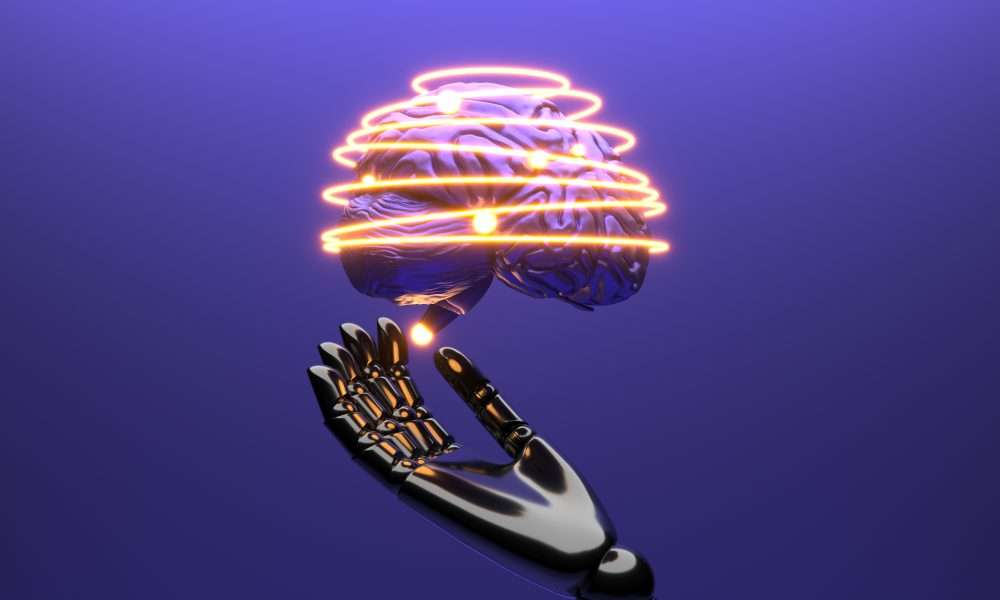Artificial Intelligence (AI) is profoundly transforming the future of work and the world, bringing both opportunities and challenges across various sectors. Here’s a comprehensive look at how AI is reshaping employment, creating new job opportunities, and necessitating significant reskilling efforts.
The Impact on Jobs
AI’s advancement, especially in generative AI, has led to significant changes in job dynamics. Routine and repetitive tasks are increasingly being automated, impacting roles in regulatory compliance, clerical work, data collection, and summarization. This automation trend is expected to displace many jobs, with estimates suggesting that AI could automate around 300 million jobs globally. However, it’s not all about job losses. AI is also creating new opportunities, particularly in sectors requiring advanced technological skills like data science, big data analysis, and AI specialization (IMF) (Stanford Social Innovation Review) (World Economic Forum).
Job Creation and Transformation
AI is not just about replacing jobs; it’s also about creating them. Many businesses foresee AI as a net job creator. For instance, roles in renewable energy, sustainability, and green technologies are expected to surge due to the global emphasis on sustainability and net-zero climate goals. The construction, automotive, aerospace, research, design, and IT sectors are also likely to see significant employment gains as they integrate AI into their operations (World Economic Forum) (McKinsey & Company).
Reskilling and Upskilling
The shift towards an AI-driven job market underscores the critical need for reskilling and upskilling. Workers must adapt to new roles and learn new skills to stay relevant. Skills in AI, big data, analytical thinking, and creative problem-solving are becoming increasingly valuable. Governments and organizations are encouraged to invest in continuous education and training to help the workforce transition smoothly into AI-enhanced roles (Indeed) (World Economic Forum) (Deloitte United States).
Challenges and Considerations
The integration of AI into the workforce brings several challenges. There is a risk of increasing economic inequality if AI primarily benefits highly skilled workers while displacing lower-skilled roles. This scenario necessitates a balanced approach where AI augments human capabilities rather than purely automating tasks. Furthermore, the tech sector needs to prioritize creating tools that enhance human productivity rather than just replacing human labor. This approach can lead to shared prosperity and sustainable economic growth (Stanford Social Innovation Review) (World Economic Forum).
Future Outlook
The future of work in the age of AI is likely to be dynamic and multifaceted. While certain sectors might face job declines, others will experience growth, driven by technological advancements and changing economic priorities. The green economy, education, and advanced technology sectors are poised for substantial job creation. Ensuring a balanced and inclusive approach to AI implementation can help mitigate risks and harness the full potential of this transformative technology (IMF) (McKinsey & Company).
In conclusion, AI is set to revolutionize the world of work, bringing both significant disruptions and new opportunities. The key to navigating this transition lies in proactive reskilling, strategic policy-making, and fostering an inclusive approach that ensures all segments of the workforce benefit from AI advancements.

